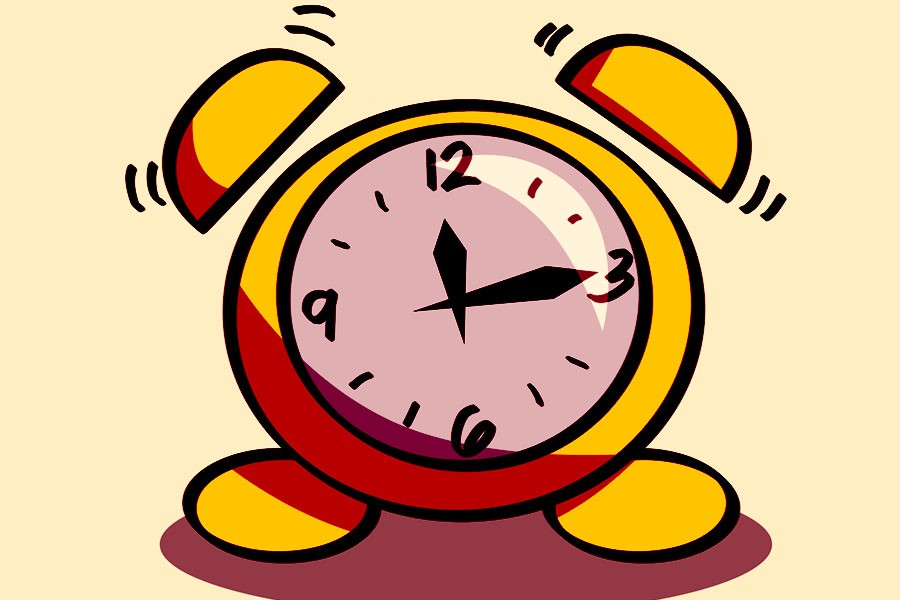How much sleep do you really need?
January 15, 2016
This time of year is always the most stressful for all students, and students typically sacrifice sleep in order to learn everything they need for midterm exams. Unfortunately, missing those few hours of sleep per night can actually have a much larger affect on life than what most people expect.
Biology teacher Stefana Albu spent time researching sleep-wake neuromodulation at Harvard Medical School, and has many thoughts on the subject of student sleep habits.
“Anything less than the recommended amount is going to impact cognitive ability, focus, mood […] there is exponentially a huge negative impact from the incorrect amount of sleep,” said Albu.
But students are still staying up to cram, and some say that the strategy actually works well for them.
“I would much rather stay up later than waking up earlier. I used to do that, but I didn’t realize that it was not a good idea because I wouldn’t have enough time to finish my work in the morning, so that didn’t work,” said senior Joelle Bosia.
The habits of these students, as well as the following successful academic performance is impressive. So is it actually more beneficial to stay up late and cram for tests? Albu reveals that there are major repercussions for such actions.
“The next night, [people who stay up late] are going to go into REM rebound. That means you’ve missed the adequate amount of REM sleep you need per night, so you’re going to spend more time in REM, and when you wake up the next day you are going to feel way more groggy and unfocused,” said Albu.
Rapid Eye Movement, REM, sleep, is a stage of sleep that is responsible for taking all of the experiences that your brain has collected over the day and turning them into permanent memories. So, by staying up late and skipping REM sleep, students are actually forgetting all of the information that they studied over the day, because those facts are never turned into actual memories.
But some students still believe that staying up late provides them with good academic results, and they may actually be right. While the recommended amount of sleep for students around high-school age is around 7-8 hours, some students are able to function with much less.
“There are some nights where I get 5 hours, and some where I get 10. Some of my friends get 3 some days and work fine. It’s different for everyone,” said Bosia.
But, that still provokes the question: how can people stay up late on a regular basis and actually perform well in school? Albu attributes the students’ success and focus to the hormones released because of the high pressure environment created by working late nights.
“If you’re stressed and nervous about something, what’s going to get released is cortisol, a stress hormone, and epinephrine, which causes the rush you get from staying up and feeling pressure. Those neurotransmitters keep you up so you can get your work done, and are suppressing your drive to go to sleep,” said Albu.
Ultimately, students are going to stay up late to work on projects and study for tests. After combining a regular day of school with extracurriculars, sports, and jobs, students do not have that many hours left for homework and studying.
“Me personally, I like to start things the day I get them, but everything else ends up stacking up. All the other random stuff I have to [do] is just too much sometimes,” said Bosia.
At the end of the day, times are tough for students. Staying up late is something that students will continue to do, and while it is okay to do so once in a while, repeatedly skipping sleep will absolutely have negative impacts on the body. With all of the exams coming in the coming weeks, make sure to get a healthy amount of sleep.







